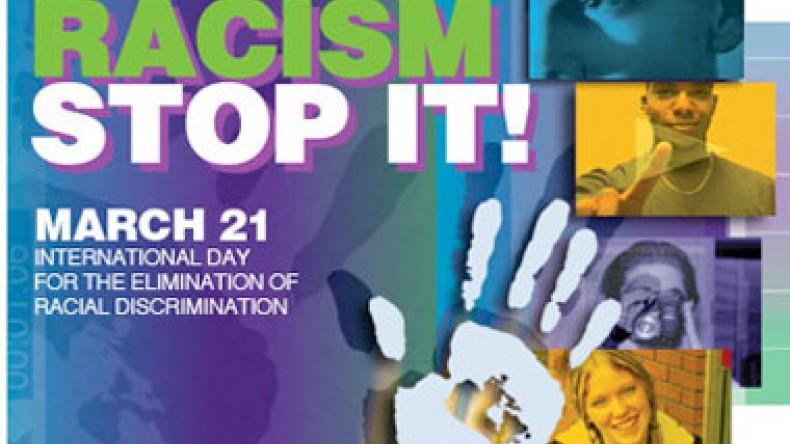
Today marks International Day for the Elimination of Racial Discrimination
The United Nations’ (UN) International Day for the Elimination of Racial Discrimination is observed with a series of events and activities worldwide on March 21 each year. The day aims to remind people of racial discrimination’s negative consequences. It also encourages people to remember their obligation and determination to combat racial discrimination.
On this day in 1960, police opened fire and killed 69 people peacefully demonstrating against apartheid "pass laws" in the township of Sharpeville, South Africa. The notorious passbooks were a repressive tool to control the movements of black South Africans. The United Nations General Assembly subsequently declared 21 March to be the International Day for the Elimination of Racial Discrimination and called on the international community not only to commemorate that tragedy, but also to work together to combat racism and discrimination wherever they exist.
Racial and ethnic discrimination occur on a daily basis, hindering progress for millions of people around the world. Racism and intolerance can take various forms − from denying individuals the basic principles of equality to fuelling ethnic hatred that may lead to genocide − all of which can destroy lives and fracture communities.
Since the Sharpeville massacre, substantial progress has been made in the struggle against racism. The apartheid system in South Africa has been dismantled. Racist laws and practices have been abolished in many countries, and an international framework for fighting racism, guided by the International Convention on the Elimination of Racial Discrimination, has been established. The Convention is now nearing universal ratification. Yet still, in all regions, too many individuals, communities and societies suffer from the injustice and stigma that racism brings.
Newsfeed
Videos






























